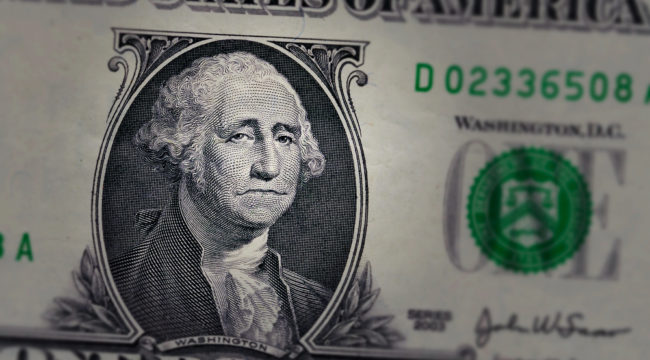
(Natural News) Editor’s note: Donald Trump is officially the president of the United States. But what happens now could change everything…in sudden, unexpected ways.
Today, we’re featuring another important essay from Crisis Investing editor Nick Giambruno on this topic. On Wednesday, Nick said Trump could go down as the worst president…but it won’t be his fault. Today, he gives more reasons why Trump is destined to fail…and what you should be watching closely today.
(Article by By Nick Giambruno, editor, Crisis Investing from Caseyresearch.com)
The establishment is setting up Donald Trump.
The mainstream media hates him. Hollywood hates him. The “Intellectual Yet Idiot” academia class hates him.
The CIA hates him. So does the rest of the Deep State, or the permanently entrenched “national security” bureaucracy.
They did everything possible to stop Trump from taking office. None of it worked. They fired all of their bullets, but he still wouldn’t go down.
Of course, the Deep State could still try to assassinate Trump. It’s obvious the possibility has crossed his mind. He’s taken the unusual step of supplementing his Secret Service protection with loyal private security. Continue reading →





